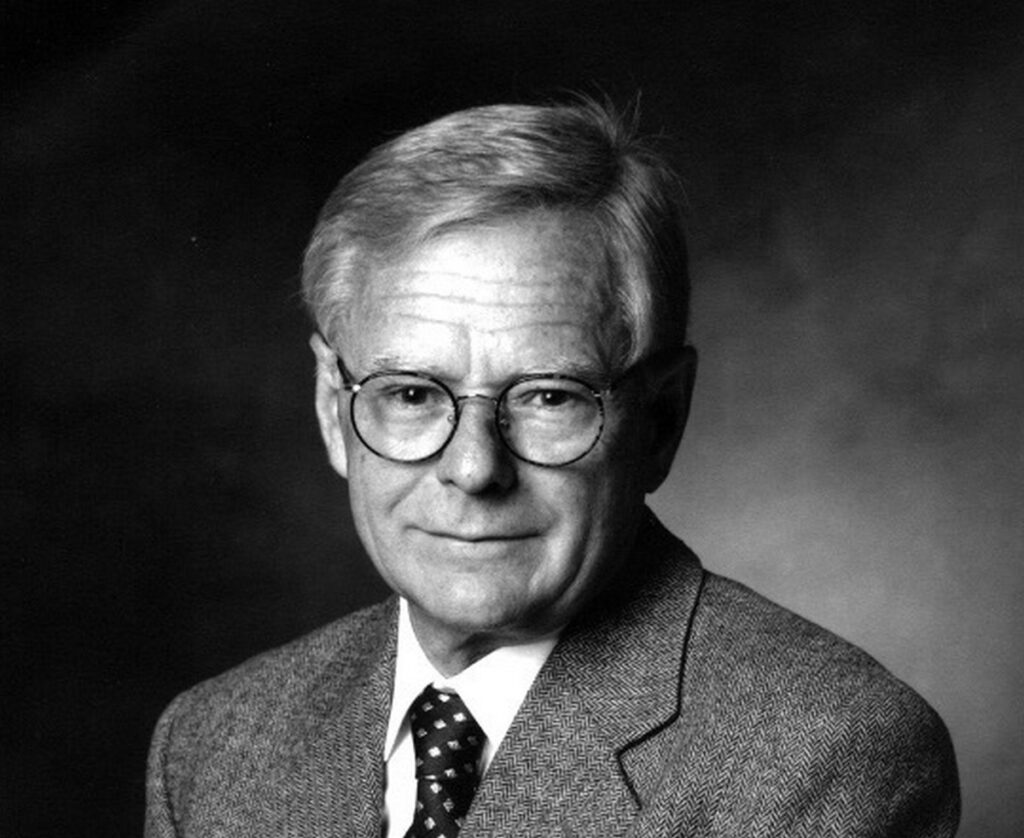There are two primal elements within general and global labelling: the authorial signature as a guarantee of quality, and the audio tag – a marker of recognition for a specific brand or product.

OBITUARY
A random tweet on the social network X in recent weeks achieved an extraordinary organic reach, surpassing the usual algorithmic limits. It was a short post, 240 characters long, announcing the death of Rihard Merc and showing a previously unseen photograph. It garnered 1,500 so-called “faves”, 150 shares, and dozens of nostalgic comments recalling a happy and carefree childhood among boomers and Generation X – a time marked by this man’s very name.
Rihard Merc (1939–2025) was not only our first but also our most important sound engineer, who worked in the pioneering era of mastering technology and synchronisation at Television Belgrade during the 1960s and 1970s, mainly on Hanna-Barbera and Warner Bros cartoons and BBC-produced nature documentaries. Yugoslavia, as a borderland country in the bloc-divided world, lavishly provided all new generations with both educational and entertaining initiation into Anglo-American culture by subtitling feature films and dubbing cartoons and documentaries with the recognisable voices of veteran actors or high-quality radio voices.
Nikola Simić, Đuza Stoiljković, Mića Tatić, Ljubiša Bačić, Nada Blam, and Dobrila Ilić comprised the acting ensemble, lending their voices to Bugs Bunny, Daffy Duck, Popeye, Olive Oyl, and Bluto, as well as the Smurfs and Teenage Mutant Ninja Turtles in the early 2000s. Žarko Obračević and Mihailo Mijušković narrated the cult documentary series Opstanak, and behind all of this, with his sound editing, stood Rihard Merc, whose name stood alongside theirs in the end credits. Ergo, everyone engraved him into their lexicon of nostalgia and YU mythology. The dialogues in his productions were clear, cleansed of noise, rustling, and swallowed syllables – unlike today’s domestic cinematography, which at times lacks even a proper subtitle due to the lost culture of articulate speech.
Rihard was also the founder of the Department of Editing and Sound Design at the Faculty of Dramatic Arts. We most often identify film or the FDU solely by directors and actors, rarely by screenwriters or musical composition, and almost never by the technical disciplines of set design, cinematography, and sound, where Merc, alongside Siniša Jovanović Singer, stands as the absolute apostle of sound processing and recording.
It seems that, despite technological advancement at the speed of light and the transition from the analogue to the digital age – of which we are contemporaries – not even the probable AI will easily manage to achieve the level of craftsmanship once established and enthroned by Rihard Merc and his guild.
by Zlatko Crnogorac